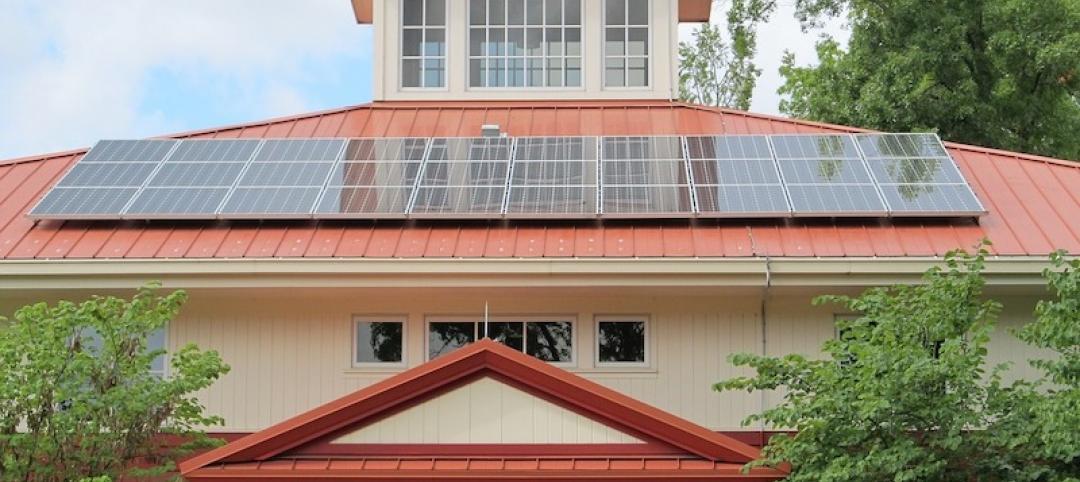Greater energy efficiency, along with outsourced heavy industry and customers generating their own power, have created flat demand for utility power for 10 years. Stagnant demand is likely for the foreseeable future.
That’s good news for consumers and efforts to reduce greenhouse gas emissions. But utilities are having a tough time adjusting to this new business environment, as electricity demand had risen steadily for about a century.
There have been recent requests from utilities to bail out large coal and nuclear plants. It also has been tough for long-term planning. For instance, the Tennessee Valley Authority has found its 20-year forecasts obsolete almost as soon as they are released.
Some utility executives are nervous about what the future holds for their organizations. Utilities may need to make money through services rather than on investment returns on new generating capacity. Nevertheless, as a Vox article points out, more stringent energy codes and better efficiency technology produce multiple benefits for the country. Declining demand saves money, reduces pollution, and avoids the need for additional capital expenditures for expensive infrastructure.
Related Stories
| Jun 18, 2014
ASHRAE publishes guideline on specifying Building Automation Systems
Performance monitoring guidance is a key feature of the document. It provides designers of BAS systems with recommendations for good practice, project considerations, and detailed discussion of design options.
| Jun 18, 2014
Battle over low-cost, Chinese-made solar equipment could stunt solar power growth
The U.S. Department of Commerce tentatively agreed to assess tariffs of up to 35% on solar equipment, a move that could slow the rapid growth of the domestic solar power industry.
| Jun 18, 2014
Senate passes ‘compromise’ bill that green lights 26 new VA hospitals, clinics
The U.S. Senate reached a compromise deal combining elements of two competing Veterans Administration reform bills that would, among other things, gives the go-ahead for the construction of 26 new VA hospitals and clinics.
| Jun 18, 2014
Pittsboro, N.C., approves massive new development plan
The Pittsboro, N.C., Board of Commissioners approved the master plan for Chatham Park, a massive residential and commercial project that could bring 60,000 people to Pittsboro over several decades.
| Jun 11, 2014
AGC to study causes of construction deaths, injuries
The Associated General Contractors of America is conducting a new study to make job sites safer and search for ways to lower the number of injuries and deaths in the construction industry.
| Jun 11, 2014
U.S. infrastructure quality ranks only 19th in the world
The quality of infrastructure in the U.S. ranks just 19th in the world, trailing countries such as Oman, Portugal, and Spain, according to the World Economic Forum’s Global Competitiveness Report.
| Jun 11, 2014
ISO releases standards for comparing city services worldwide
The International Organization for Standardization (ISO) has created the first standards to compare services of the world’s cities.
| Jun 11, 2014
Federal bill would promote shifting to energy-efficient roofs
A bipartisan proposal from U.S. Reps. Tom Reed, R-N.Y., and Bill Pascrell, D-N.J., would make roof replacement cost less and would help commercial building owners adopt energy-efficient systems.
| Jun 5, 2014
Over budget Homeland Security headquarters project may be canceled
A massive new headquarters for the Department of Homeland Security is more than $1.5 billion over budget, 11 years behind schedule, and may never be completed.
| Jun 5, 2014
Insurance giant sues nearly 200 Illinois communities for failing to prepare for climate change
Farmers Insurance filed nine class action suits against nearly 200 communities in the Chicago area, saying that local governments should have prepared for rising global temperatures that have led to heavier rains and flooding.














